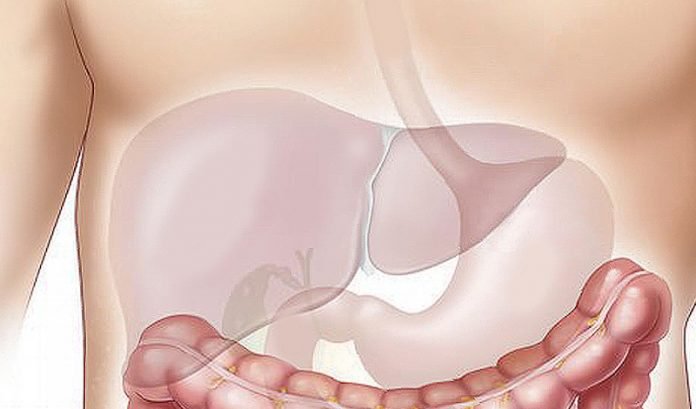
Scientists from the Dresden University of Technology found that regardless of people’s age, their liver is always under three years old.
The research is published in Cell Systems and was conducted by Dr. Olaf Bergmann et al.
The liver is an essential organ that takes care of clearing toxins in our bodies. Because it constantly deals with toxic substances, it is likely to be regularly injured.
To overcome this, the liver has a unique capacity among organs to regenerate itself after damage.
Because a lot of the body’s ability to heal itself and regenerate decreases as we age, scientists were wondering if the liver’s capacity to renew also diminishes with age.
In terms of past research, the nature of liver renewal in humans remained a bit of a mystery while animal models provided contradictory answers.
In the study, the team analyzed the livers of people who died at the ages of 20 and 84 years old. Surprisingly, the team showed that the liver cells of all subjects were more or less the same age.
No matter if they were 20 or 84, their liver stays on average just under three years old.
The results showed that the adjustment of liver mass to the needs of the body is tightly regulated through the constant replacement of liver cells and that this process is maintained even in older people.
This ongoing liver cell replacement is important for various aspects of liver regeneration and cancer formation.
However, not all the cells in our liver are that young. A fraction of cells can live up to 10 years before renewing itself. This subpopulation of liver cells carries more DNA than the typical cells.
The team also explores the mechanisms that drive the regeneration of other tissues considered static, such as the brain or the heart.
The team has previously used their expertise in retrospective radiocarbon birth dating to show that the formation of new brain and heart cells is not limited to prenatal time but continues throughout life.
Currently, the group is investigating whether new human heart muscle cells can still be generated in people with chronic heart disease.
If you care about liver health, please read studies about a new therapy for fatty liver disease, and this seaweed may prevent obesity, fatty liver disease.
For more information about liver health, please see recent studies about how sugary beverages affect the liver, and results showing oats and rye brans can protect your gut and liver health.
Copyright © 2022 Knowridge Science Report. All rights reserved.



